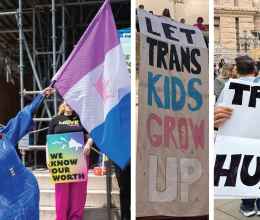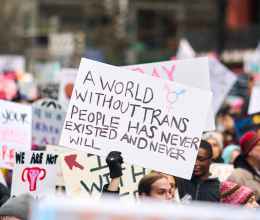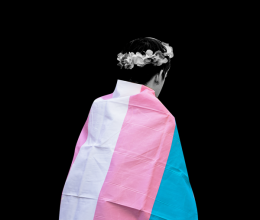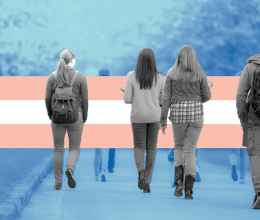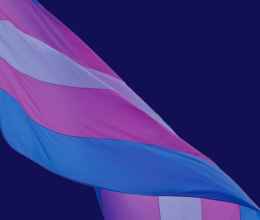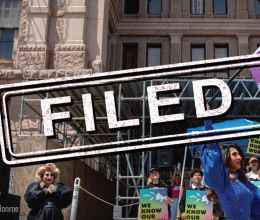
An attack on drag is yet another attack on Black and Brown communities and gender queerness.
In the 2023 legislative session, the Texas Legislature introduced over 140 bills targeting the LGBTQIA+ community. One of those bills, Senate Bill 12, seeks to ban drag shows by censoring any performance that could be perceived as “sexual” anywhere that anyone under the age of 18 may be present. The law proposes fines and criminal penalties, including up to a year in jail, against artists and the organizations that support them. S.B. 12 is so vaguely written that it threatens a wide range of free expression, from drag performances and touring Broadway musicals to karaoke nights and professional cheerleading routines.
The ACLU of Texas is suing Texas to block the drag ban because it violates the First Amendment. Beyond the law’s clear unconstitutionality, it will also cruelly and disproportionately harm trans and nonbinary people of color, who helped birth drag in the first place.
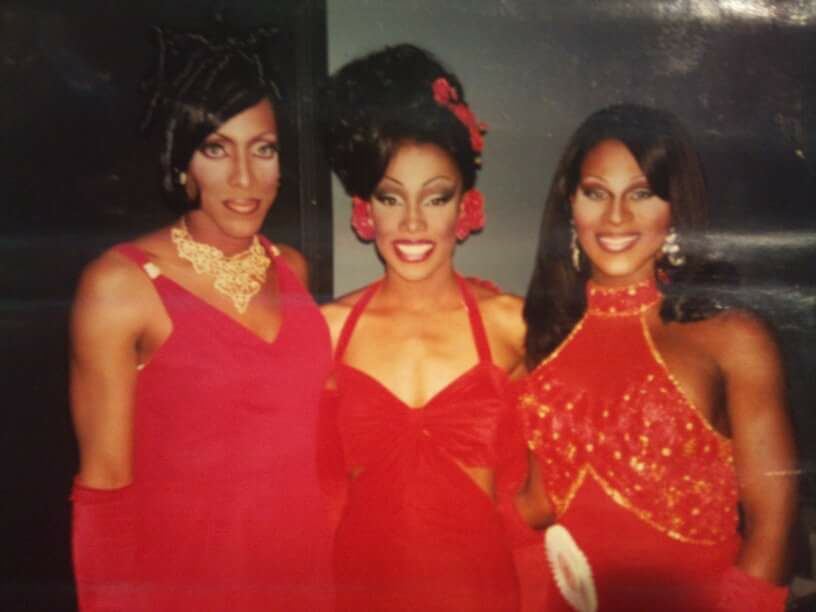
Drag performers in Dallas in the 1980s and 90s (via Paper City)
Since its inception, drag has been an act of protest and self-expression by members of already marginalized communities — especially Black and Brown communities.
William Dorsey Swann, born into slavery in 1860, was the first self-proclaimed queen of drag in U.S. history. As such, he was also one of the first advocates for LGBTQIA+ rights in this country. In the 1880s, newspapers reported that Swann was repeatedly arrested for throwing parties where men dressed in women’s clothing and danced together freely, or at least until they were raided by the police.
The first reports of drag costume competitions come from the Hamilton Lodge Masquerade Ball in 1926 at the height of the Harlem Renaissance. Even then, at a ball hosted by a historically Black organization, judges still favored white contestants. It wasn’t until 1936 that a Black contestant won the top prize.
In 1967, a New York City drag queen named Crystal LaBeija called out the discriminatory practices in the drag community at the Miss All American Camp Beauty Pageant, where she placed fourth overall and accused the judges of discriminating against Black and Brown drag queens. Her loss sparked what we now know as the house ballroom scene, an alternative to white-judged pageants that gave rise to the dance form of voguing. At the start, the ballroom scene predominantly included Black and Brown trans women and has since evolved into a haven for all.
Today, the Black trans community continues to play a central role in promoting drag and advocating for LGBTQIA+ rights, especially here in Texas.
For example, Black trans activist Verniss McFarland III (she/they), founder of The Mahogany Project, told the Texas Tribune that “drag is how we’ve buried our dead, and how we’ve raised money for our community and programs.” These programs further the organization’s mission to “reduce social isolation, stigma, and acts of injustice in TQLGB+ communities of color.” If S.B. 12 goes into effect, not only will drag suffer, but so too will the communities that drag artists serve.
“Drag provides economic opportunities and a creative outlet to those who have endured life's adversities, systematic oppression, and denial of our nation's inalienable rights. Drag is also about reducing harm, preventing suicide, and preserving art.”
— Verniss McFarland III (she/they), founder of The Mahogany Project
Furthermore, the implementation of the drag ban will disproportionately harm Black and Brown Texans, especially Black trans women, who already face over-policing by law enforcement and hypersexualization by society.
According to Vera, people of color continue to be incarcerated at alarmingly higher rates than white people, and Black people in particular are “treated more harshly than white people at every stage of the criminal process.” Racial stereotypes also label Black and Brown people as sexual deviants. Under the drag ban, officials would be granted the authority to decide which performances are “sexual” and should be prosecuted for a Class A misdemeanor.
Bills like the drag ban also foster a climate of anti-trans hate that especially impacts Black and Brown communities. According to the Transgender Law Center, between 2017 and 2020, 14 Texans were victims of fatal transphobic violence. Of the victims known to us, eight were Black, four were Latinx, and two were white. Because so many are misgendered, there is no way to know how many members of this community we have truly lost. But those that we do know live on in our continued advocacy.
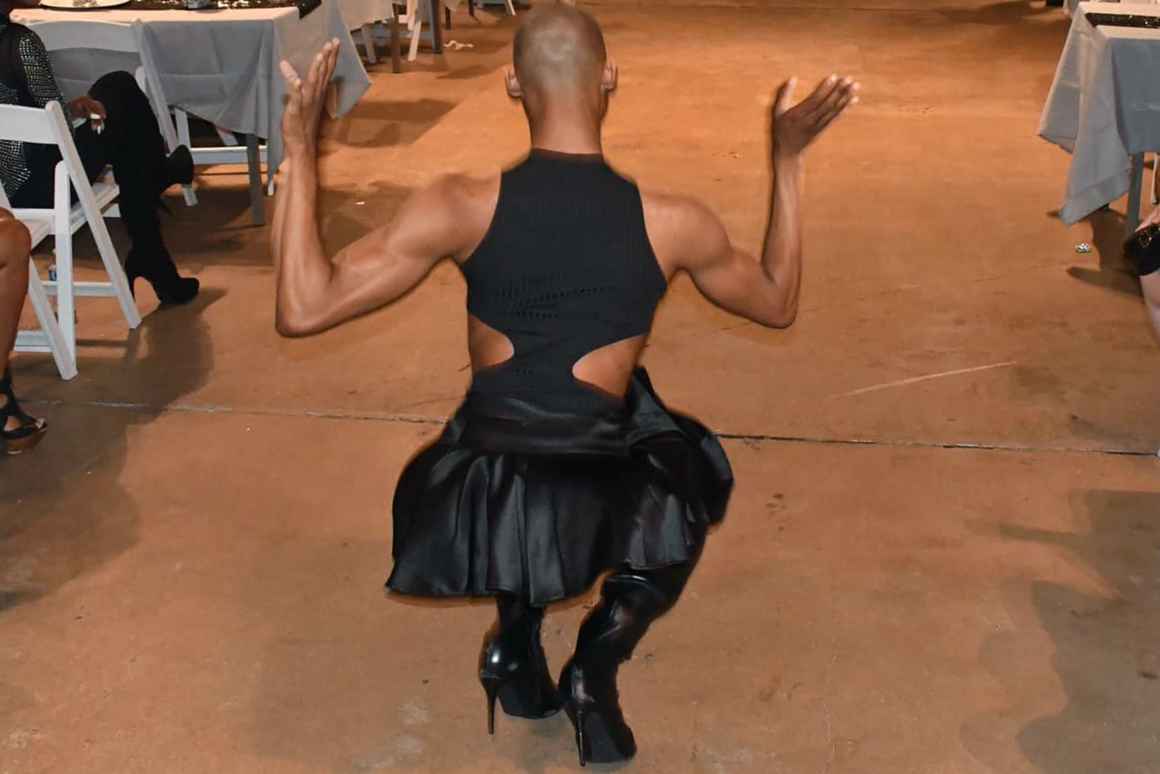
Performing at the 2023 Renaissance Ball in Houston (via The Mahogany Project)
Black and Brown trans women, nonbinary folks, and gender-nonconforming people experience more violence and hatred than most of us could ever imagine, and still, they endure and find ways to live as their most authentic selves.
Let’s keep working for a future where this resilience is no longer required — a future where every Texan is respected and celebrated for who we are, no matter our race, gender, or sexuality.
Stopping S.B. 12 is an important step in that direction.
